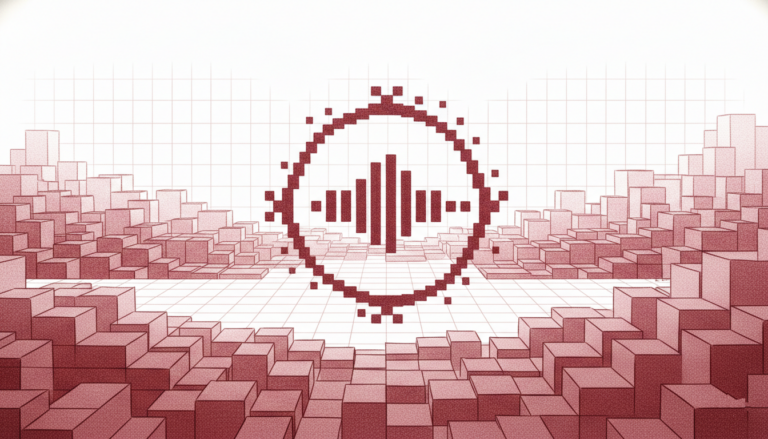Bing’s AI overhaul has forced Google to respond as Microsoft steals search market share worldwide
Microsoft’s AI-powered overhaul of Bing has successfully disrupted Google’s dominance in the search market, marking a significant shift in the digital landscape. Two years after CEO Satya Nadella set out to make Google “dance,” evidence shows Microsoft is not only gaining ground but also forcing Google to respond with its own AI-driven updates. Earlier this week, Microsoft reported a $1.6 billion increase in search and news advertising revenue—up 13% year-over-year. Excluding traffic acquisition costs, revenue rose 20%, driven by higher search volume and increased revenue per search. This growth has been consistent for over a year, signaling a sustained shift in user behavior. Jordi Ribas, Microsoft’s head of search, shared on X that Bing now holds 29% of desktop search market share in the U.S., up from previous levels. This marks a 2.1 percentage point gain since the launch of Bing Chat in February 2023. According to StatCounter, Bing’s global search share has climbed to 11.6%, a 3.4 percentage point increase from two years ago. Meanwhile, Google has seen its global share drop by 6.1 percentage points, and in the U.S., it has lost 1.2 percentage points. While these shifts may appear modest, they carry substantial financial implications. Microsoft has long emphasized that each 1 percentage point of search market share translates to a $2 billion revenue opportunity in advertising. With Bing’s steady growth, even small gains could add billions to Microsoft’s ad business. However, when considering all devices—desktop, mobile, and tablet—Bing’s overall market share remains limited. StatCounter reports Bing holds just 4% of global search traffic, compared to Google’s near 90%. This suggests that Microsoft’s strategy is having a stronger impact on desktop and Windows-based usage, particularly through its integration with Edge and the Windows ecosystem. Microsoft’s success is also fueled by its role as a key provider of web grounding for third-party AI chatbots, including ChatGPT and Meta AI. This expands Bing’s influence beyond direct search queries, embedding it into broader AI workflows. Despite Bing’s rapid rise—reaching 100 million active users within weeks of launching its AI-powered Bing Chat—Microsoft has shifted focus toward its Copilot brand. The rebranding from Bing Chat to Copilot was a strategic move to better compete with standalone AI chatbots like ChatGPT and to position Microsoft’s AI offerings as more versatile and integrated. “Bing and Edge have taken market share for the fourth consecutive year,” Ribas noted. “We’re growing not just through search, but through our role in powering the AI experiences of others.” As Microsoft continues to scale its AI ambitions and approaches a $4 trillion valuation, its search and advertising business is no longer just a side project—it’s a key engine of growth. Google’s response with AI overviews and dedicated AI mode in search underscores the impact Microsoft has had. The dance is real, and Bing is now a serious contender in the search arena.
